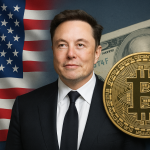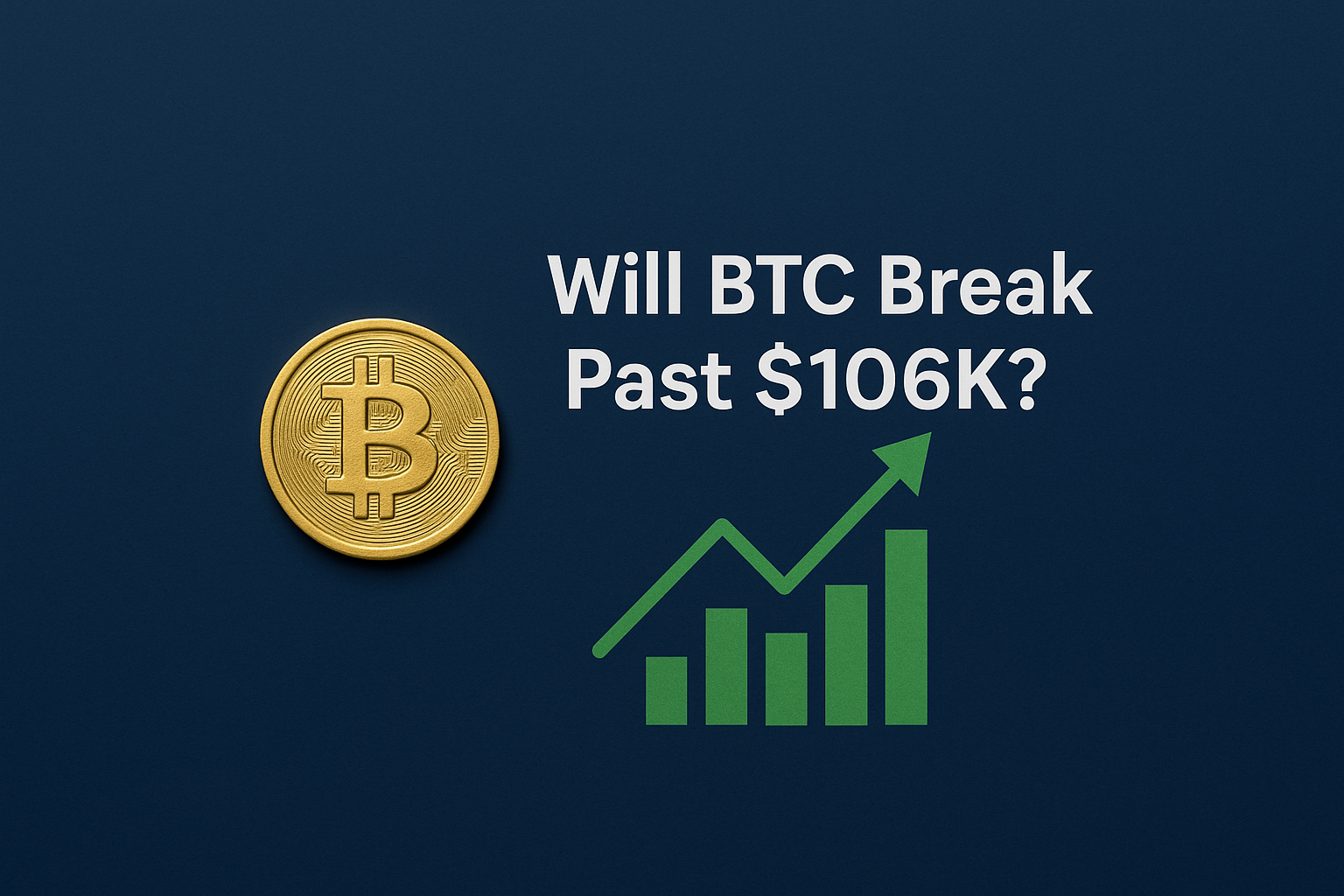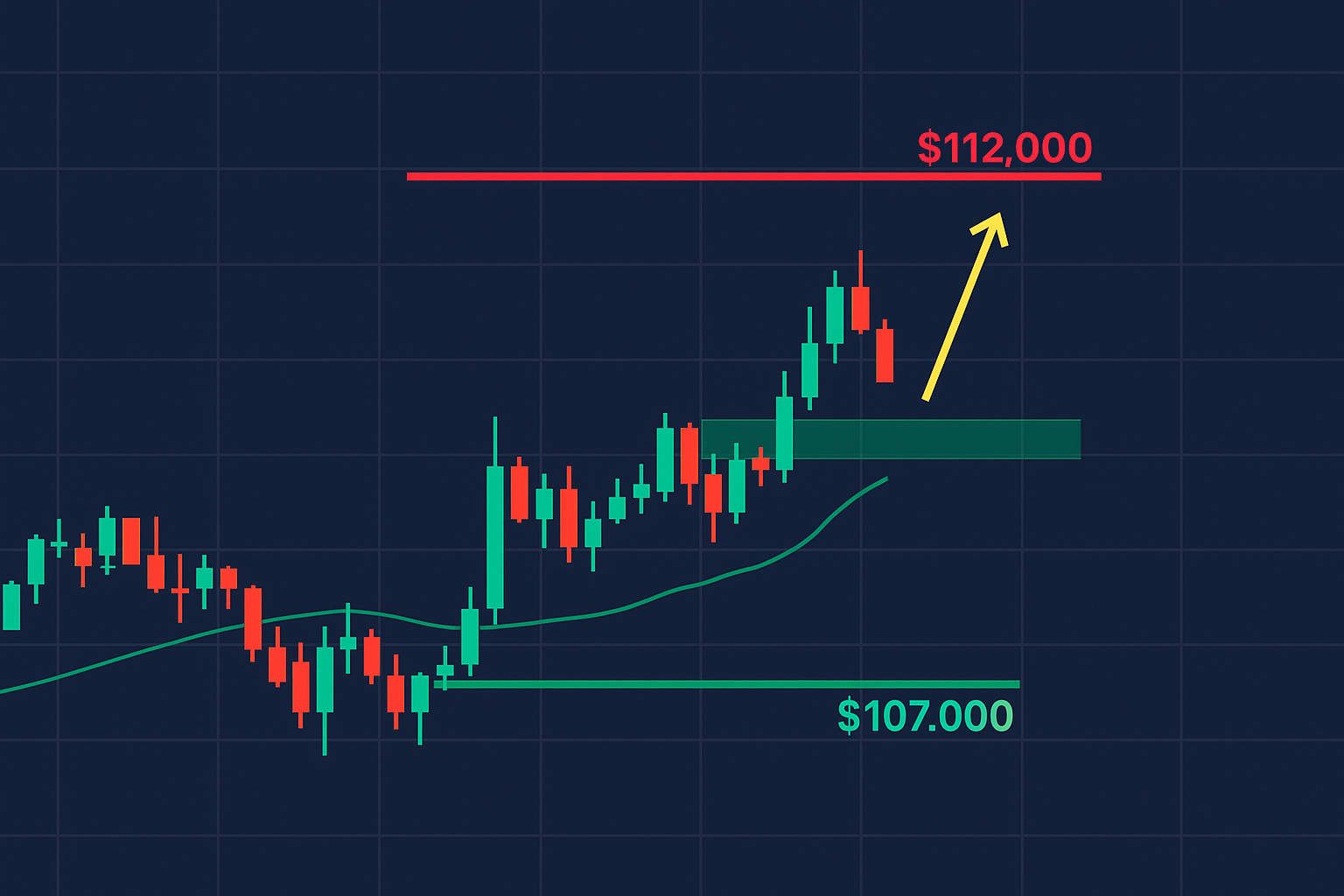Introduction
In a move that has sent ripples through both political and financial spheres, Elon Musk, the tech billionaire and CEO of Tesla and SpaceX, has confirmed that his newly launched political entity—the America Party—will officially adopt Bitcoin as a core financial pillar of its platform. Musk’s declaration that “fiat is hopeless” comes amid growing dissatisfaction with traditional currency systems and aligns with a broader global trend toward decentralized finance (DeFi). This announcement is not just about political branding; it has major implications for the U.S. economy, digital currency adoption, and the very foundation of global monetary policy.
The Rise Of The America Party
The idea of Musk launching a political movement was once a fringe theory, but recent developments have turned speculation into reality. Frustrated by both major political parties and their treatment of innovation, technology, and fiscal policy, Musk declared the formation of the America Party—a tech-forward, libertarian-leaning alternative focused on decentralization, individual liberty, and financial sovereignty. Its pro-crypto stance is not just symbolic; it’s intended as a functional rethinking of how economic systems should be structured in a digital age.
While some critics dismissed the announcement as theatrics, the alignment with Bitcoin has serious weight. Musk’s businesses—from Tesla’s prior Bitcoin purchases to SpaceX’s exploration of blockchain-backed logistics—have consistently shown interest in crypto. This is now evolving from business strategy into political doctrine.
“Fiat Is Hopeless”: Musk’s Philosophy
The phrase “fiat is hopeless,” used by Musk during a recent press release and reiterated on X (formerly Twitter), encapsulates his broader criticism of state-backed currencies. Musk argues that central bank-issued money, unbacked by hard assets and subject to inflationary manipulation, is fundamentally flawed. His critique isn’t new, but by embedding it into a political platform, Musk is escalating the debate from commentary to policy proposition.
This echoes concerns raised by many in the crypto community over the years. With rising inflation in multiple countries, ballooning national debt, and eroding trust in central banking institutions, the timing of Musk’s message appears calculated. It also resonates strongly with a younger, tech-savvy electorate that already views Bitcoin and other cryptocurrencies as viable stores of value.
Bitcoin As Political Infrastructure
By choosing Bitcoin as its financial foundation, the America Party is doing more than just advocating for crypto. It’s suggesting that a modern economy should be built on immutable, decentralized, and censorship-resistant infrastructure. This is a monumental shift in political-economic theory. Unlike fiat systems controlled by central banks, Bitcoin operates without a centralized authority and offers transparency and predictability through its algorithmic supply cap.
Critics argue that Bitcoin is too volatile and energy-intensive to serve as national economic infrastructure. However, Musk and the America Party argue that with innovations in green energy mining (such as Tesla-powered solar mining farms) and growing institutional support, these issues are being addressed. Moreover, the transparency and incorruptibility of the Bitcoin network make it more aligned with democratic principles than fiat systems controlled by unelected monetary policymakers.
Political Implications Of A Pro-Bitcoin Platform
A Challenge to the Federal Reserve
One of the most radical aspects of Musk’s vision is the implicit challenge it poses to the Federal Reserve. By aligning with Bitcoin, the America Party is effectively suggesting that the U.S. dollar’s role as the sole pillar of economic life should be reevaluated. This could invite serious institutional backlash, as any perceived threat to the dollar’s dominance is seen as a national security risk by legacy policymakers.
Still, many libertarian-leaning thinkers and fiscal conservatives have supported similar proposals in the past, advocating for gold standards, balanced budgets, or blockchain-backed currencies. Musk’s endorsement lends fresh momentum and media attention to these ideas.
Crypto as a Cultural Movement
Musk is not just tapping into financial trends; he is also appealing to a cultural revolution. The crypto movement has grown beyond finance into a global ideology that champions decentralization, autonomy, and borderless cooperation. The America Party appears to be positioning itself as the political wing of that movement—connecting not only with American voters, but also with global stakeholders who see crypto as a tool for human empowerment.
This could have significant electoral ramifications. Younger voters are increasingly disillusioned with traditional parties and institutions. By embracing a financial system they already trust, Musk may be crafting the only political brand that truly speaks their language.
Economic Ramifications Of Embracing Bitcoin
Reshaping National Reserves
One of the long-term goals floated by America Party strategists is to incorporate Bitcoin into the U.S. national reserves. This would be an unprecedented step, one that could influence global reserve strategy and inspire other nations to follow suit. Countries like El Salvador have already done so, and others like Argentina and Paraguay are exploring similar models.
This trend, often dubbed “Bitcoinization,” could gain serious momentum if championed by a figure with Musk’s influence. A partial replacement of dollar reserves with Bitcoin would not only protect against inflation but could also attract crypto capital inflows, strengthen financial independence, and reduce reliance on traditional IMF-backed policies.
Boosting Innovation and FinTech
A pro-Bitcoin political agenda also encourages a broader climate of innovation. Blockchain development, decentralized finance platforms, tokenized real estate, and NFT-based identity systems would all receive government-friendly regulation and funding under the America Party platform. This contrasts sharply with the current regulatory uncertainty plaguing crypto startups, particularly in the U.S., where the SEC has taken an increasingly aggressive stance.
Musk’s endorsement might attract developers, engineers, and fintech entrepreneurs to rally around the party, forming a rare coalition between Silicon Valley, crypto startups, and disillusioned voters.
Regulatory Changes On The Horizon
One of the key proposals from America Party insiders includes revamping crypto regulations, moving them from a framework of hostility to one of structured support. This could involve:
- Redefining crypto assets not as securities but as commodities or private digital property.
- Establishing tax incentives for Bitcoin mining operations using renewable energy.
- Launching blockchain pilot programs across federal and state departments.
- Protecting wallet privacy rights, enshrining them as digital civil liberties.
Such changes would rapidly position the U.S. as a global crypto innovation hub, reversing the current brain drain of blockchain companies to friendlier jurisdictions like the UAE, Switzerland, or Singapore.
Global Reaction To Musk’s Bitcoin Advocacy
International reactions to Musk’s announcement have been mixed. Pro-crypto governments, such as those in Switzerland and the UAE, have applauded the move, suggesting it could bring legitimacy to Bitcoin at the geopolitical level. Others, particularly traditional central banks and institutions like the IMF, view the development with caution.
China, having banned most cryptocurrency operations, issued a statement reaffirming its stance against decentralized currencies. The European Central Bank (ECB) also warned that any major adoption of Bitcoin in the U.S. could destabilize eurozone policies. However, analysts agree that Musk’s global influence could push institutions to evolve rather than resist.
Is This A Campaign Strategy Or An Economic Blueprint?
Skeptics argue that this could be a savvy political tactic to rally online support, especially from young libertarians and tech enthusiasts. However, considering Musk’s deep involvement in Bitcoin—from Tesla’s holdings to his own public blockchain explorations—this initiative appears more than cosmetic. The America Party isn’t just proposing Bitcoin adoption; it’s proposing a complete restructuring of America’s financial DNA.
And that changes everything. If serious policy documents, fiscal transition frameworks, and legislative strategies begin emerging under this party’s banner, the crypto market could be entering a new phase of legitimacy and mainstream integration.
Challenges Ahead: Volatility, Voter Trust, And Implementation
Despite the enthusiasm, implementing such a shift would be no small task. Bitcoin remains highly volatile, and many Americans are still unfamiliar with how it works. Educational initiatives would be essential, as would infrastructure for user-friendly wallets, taxation solutions, and merchant integration. Furthermore, transitioning government services from fiat to crypto would take years and potentially face bipartisan resistance.
Then there’s the issue of trust. While Musk enjoys near cult-like popularity among his fans, he is also viewed with suspicion by traditional institutions and some voters. The American Party would need to prove that its crypto proposals are more than idealism—they need to be executable, measurable, and economically sound.
Conclusion
Elon Musk’s decision to officially tie his America Party to Bitcoin marks a watershed moment in both crypto and political history. What was once a grassroots rebellion against fiat is now becoming a structured policy platform with serious financial, legal, and cultural ramifications. Whether you see it as visionary or risky, one thing is certain: politics will never be the same again.
As the 2025 election cycle heats up, all eyes will be on how the America Party turns this crypto momentum into real political power. If successful, we may witness not only the rise of a new political force—but also the beginning of a crypto-governed future.



















